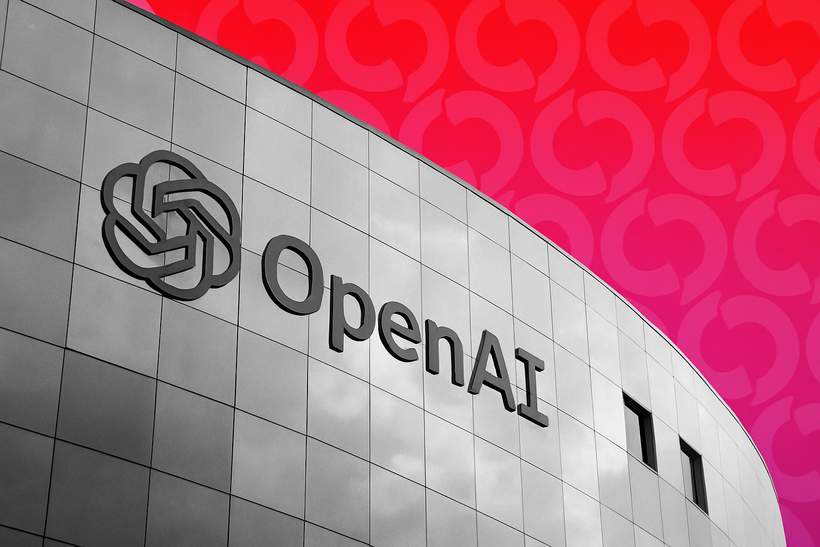OpenAI Forms Well-Being Council: Navigating AI and Mental Health

Welcome to the Future of AI Well-Being!
Hey there, fellow tech enthusiasts! Guess what? OpenAI just rolled out a shiny new Expert Council on Well-Being and AI. Yep, you heard me right! This is a team of brainy folks from top universities who will help OpenAI ensure that its AI products are not just smart, but also safe and good for your mental health.
Meet the Brain Trust
This eight-member squad features researchers from fancy places like Harvard, Stanford, and Oxford. Their mission, should they choose to accept it (which they did), is to guide OpenAI on what healthy interactions with AI should look like. Their advice will cover a range of topics, including how AI should act in tricky situations and setting up safety nets for users. Sounds like a superhero team, right?
Pressure Cooker: How AI Affects You
Now, let’s get real for a second. OpenAI isn’t the only one feeling the heat about AI’s impact on users—especially the younger crowd. Lawsuits have popped up from concerned parents claiming that AI chats have led to dire consequences for teens. Because of this, OpenAI has been scrambling to introduce better parental controls.
Some folks have also pointed fingers at these AIs for ruining relationships and escalating feelings of loneliness. Talk about an awkward dinner conversation!
Action or Reaction: The Tech Tug-of-War
Creating the Well-Being Council is a direct response to public outcry. Tech companies often seem to tackle ethical issues only after their products have hit the market and caused a stir. It’s like the age-old “move fast, break things, and fix it when it’s a mess” mentality. Classic!
Critics from NGOs like AlgorithmWatch aren’t shy about calling this pattern out. They mention how previous attempts to voice concerns resulted in a quick board reshuffle—kind of like a game of musical chairs but with power dynamics!
Irony and Urgency in Tech
Shady El Damaty, a co-founder of Holonym and digital rights advocate, can’t help but chuckle at the irony. The same companies racing to unleash potent AI tools are now playing the role of “ethical watchdogs.” But, hey, at least they’re having these conversations, even if they’re a bit overdue.
El Damaty argues that the council ought to tackle privacy and identity issues too. We definitely need clear metrics to measure AI’s emotional impact and regular, independent audits—kind of like a wellness check but for AI! He stresses that we need rock-solid rules that protect our digital rights, and fast!
Let’s Get Real About Rights
OpenAI’s new council really has a shot at diving deeper than just safety. They should be asking some tough questions: What rights do people have in digital spaces? Who’s the boss of your identity, behavior, and likeness? And what does “human-first design” even mean for everyone, not just kids?
Changes Ahead: Adult Content Loosening Up
In exciting news, CEO Sam Altman also mentioned that starting December, OpenAI will be loosening its grip on adult content restrictions. Party time! Altman acknowledged that while the previous constraints aimed to protect mental health, they ended up making ChatGPT less enjoyable for many users who aren’t experiencing mental health issues. He’s like, “Let’s treat adults like adults, shall we?”
Conclusion: A Journey Ahead
So, there you have it! OpenAI is making strides in ensuring that AI interacts with us in a healthier way. With the new Expert Council on board, we can only hope for a brighter, safer AI future. Now, if only I could get a chatbot to help me with my Netflix binge-watching decisions!